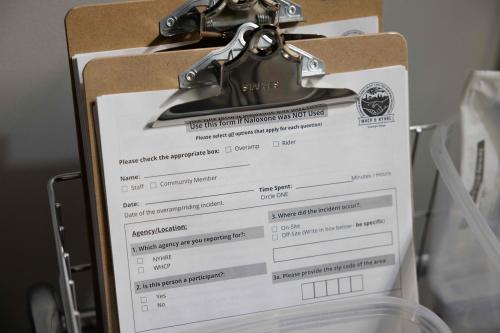EXECUTIVE SUMMARY
The licensing of opium for medical purposes in Afghanistan, most prominently advocated by the Senlis Council,1 would reduce some of the negative effects of unmitigated illicit drug production. It would also eliminate several important negative side-effects of standard counternarcotics policies. However, serious legal, political, economic, efficiency, and security obstacles to launching such a licensing scheme persist in Afghanistan under current circumstances. These obstacles would have to be overcome for the licensing policy to become viable. Even if instituted, the licensing scheme would not be a panacea, and some serious problems posed by large-scale opium cultivation would persist. Because licensing absorbing only a part of the illicit economy could easily generate new problems, including ethnic and tribal tension, licensing should only be undertaken once the Taliban insurgency has been defeated, other obstacles to licensing have been overcome, and licensing could be implemented on a country-wide scale.
The Brookings Institution is committed to quality, independence, and impact.
We are supported by a diverse array of funders. In line with our values and policies, each Brookings publication represents the sole views of its author(s).




